What is FinOps and why it is indispensable in 2025
Cloud computing financial management is one of the biggest challenges for companies undergoing digital transformation. In this scenario, FinOps (acronym for Financial Operations) has become an essential methodology for balance costs, maximize the value of cloud investments and align IT, finance and business to generate sustainable and efficient growth.
Thus, FinOps is a way of financial governance applied to the cloud, allowing companies to have clarity, predictability and control over their digital investments.
Launched in 2006, it consists of a model that allows a broad understanding of the expenses to adopt the services of cloud computing. This allows a company to be better equipped to improve IT financial management. In other words, it allows companies to determine whether investments made generate results that are within or above expectations.
By 2025, cloud computing will no longer be just a technology option but a strategic asset in virtually every industry. Since its launch, large companies have used FinOps for its capabilities and benefits, but by 2025, it will consolidate itself as a strategic pillar of digital organizations, driven by technologies such as generative AI, cost automation, and predictive analytics.
How FinOps works in practice
FinOps acts directly as an ongoing strategy that ensures visibility, control, and financial efficiency over cloud investments.
FinOps Journey Phases
-
Inform (Visibility): Collect and centralize information on cloud costs, resource consumption, and service performance. This allows the company to gain visibility into what is being spent and where there is waste.
-
Optimize: After mapping consumption, it's time to apply practical optimization actions, such as adjusting contracted plans, automating the shutdown of idle resources, renegotiating contracts with providers, and aligning consumption with actual demand.
-
Operate: The key differentiator of FinOps is that it's not limited to a single project. It operates continuously, with finance, IT, and engineering teams working together, aligned with clear cost-benefit metrics.
Key Principles of FinOps in 2025
The FinOps Foundation, a global community of companies and industry experts, has established principles that guide the successful adoption of the methodology. In 2025, these principles have become even more relevant:
- Collaboration between areas: There's no FinOps without collaboration. IT, finance, and business must speak the same language. Therefore, cloud spending is now a strategic KPI that should be discussed in company planning meetings.
- Shared responsibility: The cloud computing budget is the responsibility of the entire organization, thus ensuring that resources are used intelligently.
- Data-driven decisions: With real-time dashboards and AI tools, it's possible to make faster, more informed decisions. This saves the company money and also identifies new growth opportunities.
- Centralization and governance:Creating a central FinOps team is a best practice for maintaining consistency. This allows the group to act as a guardian of governance and ensure that actions are implemented across all areas.
- Continuous improvement:FinOps is a never-ending journey because with each new cloud service or change in demand, the process is reevaluated to keep costs under control and generate operational efficiency.
FinOps and the 2025 trends
In 2025, some trends are transforming the way FinOps is applied:
-
Generative AI in FinOps: algorithms that identify consumption patterns and suggest automatic resource allocation adjustments.
-
Advanced automation: bots and workflows reduce the manual burden of cost analysis.
-
Cloud Sustainability (GreenOps): cost optimization combined with carbon footprint reduction.
-
Intelligent multicloud: combined use of AWS, azure, Google Cloud and other providers focused on cost-effectiveness.
-
FinOps as a corporate culture: not just a methodology, but a mindset integrated into strategic planning.
Direct benefits of FinOps for your company
Beyond savings, adopting FinOps can bring numerous benefits to organizations. Here are the main benefits:
- Redução de custos em nuvem sem perda de performance.
- Melhor previsibilidade orçamentária para investimentos futuros.
- Maior retorno sobre investimentos em cloud computing.
- Integração entre times, evitando conflitos entre áreas.
- Velocidade na tomada de decisão, com base em dados confiáveis.
- Sustentabilidade e eficiência energética com gestão responsável de recursos digitais.
Common Challenges in FinOps Adoption
Even in 2025, some companies face obstacles such as a lack of integration between finance and technology teams and low maturity in data analysis.
Furthermore, some organizations also have difficulty adapting internal processes to the agile FinOps model, and even cultural resistance to changing the corporate mindset.
Therefore, the solution involves training, the use of specialized platforms and sponsorship from senior leadership.
FinOps and the Future of the Cloud
As the market moves toward increasingly complex environments, such as hybrid, multicloud, and sustainable environments, FinOps will be a key competitive differentiator for companies looking to scale securely.
The future points to a model in which:
- AI will automate100% FinOps.
- O cloud cost will be treated as a strategic performance metric.
- O FinOps will be directly linked to ESG goals (sustainability and corporate governance).
FinOps as a competitive differentiator
FinOps in 2025 could be decisive in defining the future of digital companies. It unites technology, finance, and business in a collaborative, data-driven, and results-oriented model. In other words, adopting FinOps means growing efficiently, innovatively, and sustainably, leveraging the cloud's potential without compromising budgets.
However, implementation requires planning, experience, and multidisciplinary knowledge. Therefore, having the support of a IT consulting A specialized company, such as 4MATT, is essential to ensure a well-structured adoption, with good market practices, intelligent automation and total alignment with the company's strategic goals.
With 4MATT's expertise, your organization can accelerate its FinOps journey, maximize the benefits of the cloud, and ensure solid financial management prepared for the digital future. Contact 4MATT and discover how to transform cloud costs into strategic results.











